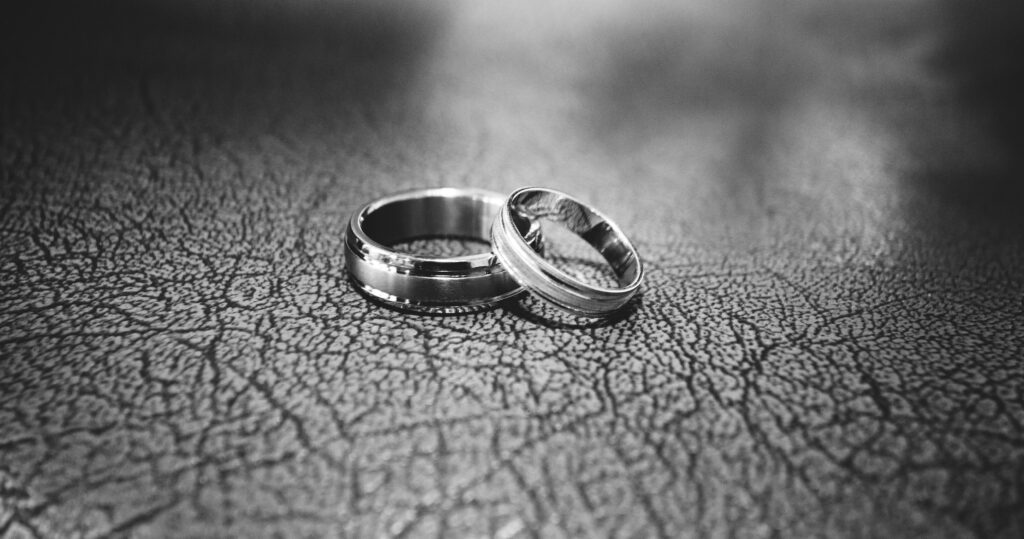
With more and more people choosing to live together without getting married it is important to understand what your rights are...
Q) Is there such a thing as common law husband and wife?
The short answer is no, unless you are married or in a civil partnership your rights to make financial claims against your former partner are very limited. Claims can only be brought under property law so there is no automatic right to be provided for if you separate, even if you have children.
Q) I have been living with my partner for 20 years. The house is in his name. Surely I have a right to some of the equity in that property?
Unfortunately, no matter how long your relationship has been this gives you no right to your former partner’s property unless you can show some financial contribution. If you have contributed towards the purchase price, the mortgage or improvements to the property you may be entitled to a proportion of the equity.
This is not easy to prove, particularly if your former partner is denying the contribution. We can provide you with specialist advice upon your prospects of success and what you need to do to have the best possible chance of succeeding.
Q) My partner is moving into my home which I have owned for several years. Is there any way I can protect my home from any claims if we should separate in the future?
The best way to protect your home is to agree to have a cohabitation agreement. This document confirms your financial arrangements whilst you are living together and what will happen if you do separate. The agreement can confirm that your partner agrees that they will not have any financial interest in your home even if they make a financial contribution such as helping to pay for new windows. The agreement can be updated if there are any changes in your life such as buying a new property or having children.
Q) I have lived with my partner in his house for about 10 years and we have 2 children together. Do I have any claim against him if we separate?
You may be able to make a claim under the Children Act 1989 for financial help. This could be regular payments to top up of child maintenance or capital such as a lump sum for particular expenses, for example your children’s education or to buy a house, or for a house to be transferred to you for the benefit of your children. However, any capital payments and property transfers will usually end when your youngest child reaches 18 and ownership will revert back to your former partner.
Although such claims cannot offer a permanent arrangement they are there to help you whilst your children are growing up and are useful if you are unable to prove any other financial claim against the family home.
Q) I’m buying a house with my partner but I am paying more of the deposit. Do we still have to own the property equally?
No. You can own the property in unequal shares and this can be shown in the transfer deed when you buy the property. It is also best if you have another document drawn up to confirm your share in the property and this can either be in a cohabitation agreement, where you can also include other financial arrangements, or in a declaration of trust.
We have experts to help you decide how to own your home and how best to record this agreement to ensure that your share is protected if you separate in the future.
The law relating to cohabitees’ rights is complicated and often misunderstood. Parliament is considering changes to the law but they haven’t been agreed yet. In the meantime, it is best to get specialist advice whether you are just starting to think about moving in together, are already living together or have recently separated. It is important to know what your rights are.
We do have members of our team who are accredited specialists in cohabitation law with Resolution, an organisation for family lawyers, committed to ensuring you receive advice and help from an expert and to dealing with matters in a constructive manner.
If you would like further information, please contact our family team on freephone 0800 011 6666 or email legal@timms-law.com




